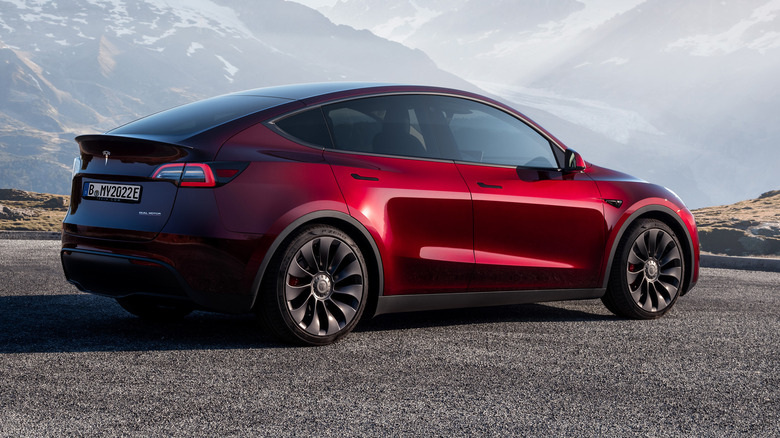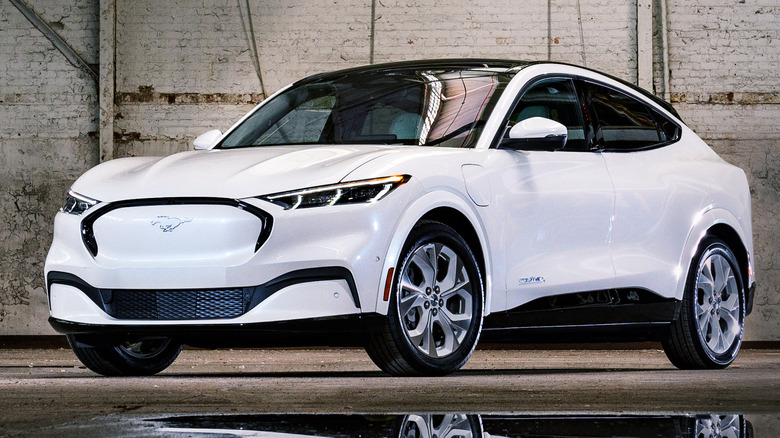What Is An EV Heat Pump? (And Why You Should Want One)
Electric vehicles (EVs) have a shortcoming that often isn't discussed as much as the general benefits of an EV. EVs have a notoriously hard time adapting to cold climates, and as a result, battery range can take a nose dive by a significant margin. Fortunately, heat pump technology has made its way to a few EVs to not only offer a more efficient and environmentally friendly solution to interior climate control but it can also help preserve range.
Part of the reason EVs have such a hard time in cold weather is that, compared to an internal combustion car, the motors don't generate much heat that can be utilized in the cabin when the temperature drops. To make up for the lack of usable heat, the heating system in many EVs has to work overtime to make the driver and passengers comfortable in cold weather. That can wreak havoc on the range of EVs without a heat pump. That's, unfortunately, just the nature of the technology.
EV heat efficiency
An automotive heat pump system hopes to mitigate the loss in range, and how it works is pretty simple. Per an explanation by Hyundai Motor Group, the holding company of Hyundai, Kia, and Genesis, the heat pumps used in its cars rely on fundamental physics to get the job done. When refrigerant is compressed and condensed, the temperature goes up. When it's evaporated and expanded, the temperature cools down. The byproduct heat is then released into the cabin. This system utilizes much less energy from the EV battery than a more conventional EV heating system that relies heavily on a resistor heater. According to Car and Driver, the Tesla Model 3 uses a resistive heater, while the Tesla Model Y uses a heat pump.
Heat pumps, as of now, are mechanically more complex (and therefore more expensive to manufacture) than resistor heaters but are significantly more efficient. According to a study by Recurrent published by the Washington Post, the Jaguar I-Pace, a car equipped with a heat pump, lost only three percent of its range at 20 degrees Fahrenheit. Meanwhile, a Ford Mustang Mach-E, which does not use a heat pump, lost over 31% of its range at the same temperature.
As the numbers indicate, an EV equipped with a heat pump might be the way to go if you live in a climate where cold weather is a concern.

